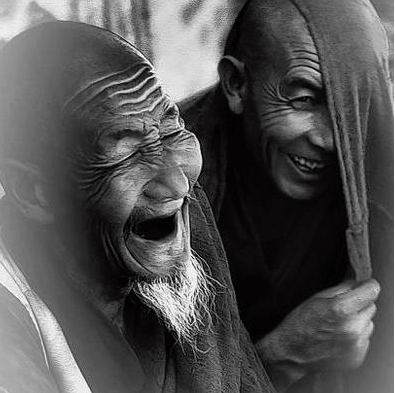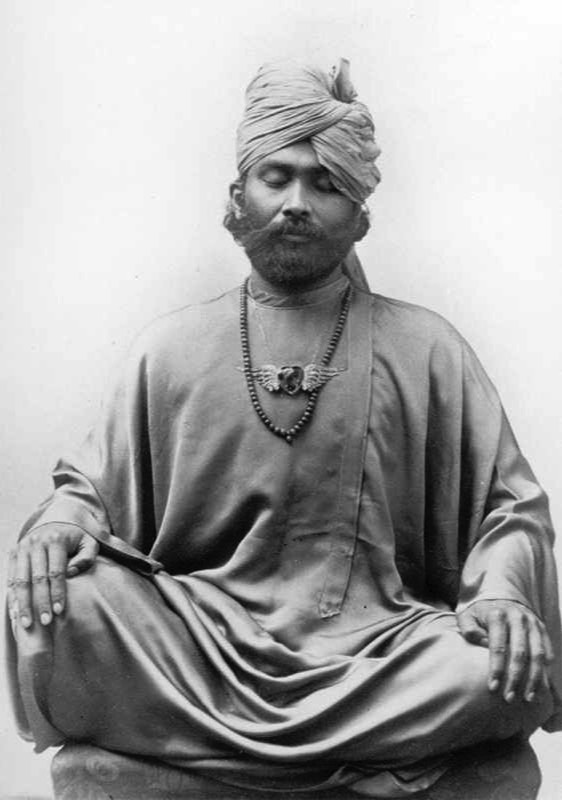
please donate to maui strong fund
Before the awakening, man with his little knowledge thinks he knows so much, but now his pride is broken. He finds that all he has known hitherto is useless, that he has to begin all over again. But this is the very time when inspiration and power come. The power of concentration is the means by which to acquire not only the power of telepathy, but will power, moral power, inspirational power, moral courage, mental strength, physical strength, and all the different kinds of development in life. It is the first stage, and maybe it is the last stage, when a person’s eyes open to real light.
There are three different steps in concentration: observation, concentration, and vision. Observation is developed by singleness of glance. For instance, if I look at a person I can see that one person much better than if I look at many people and it is thus with everything in life. The first step in learning mysticism is just this: to develop our observation. We are always looking at a hundred things around us, and hardly ever study one thing properly at all. To understand and know a thing better we must keep looking at it; if we keep looking at everything we look at nothing. Such is the law of observation.
The next step, concentration, implies steadiness of mind. We cannot concentrate until we have made the external part steady. Just think: can we keep our eye fixed on one spot for some time without moving it? Can we sit in one posture without fidgeting? Why, many people cannot sit still even for a photographer! This shows us that the vehicle given us to control and utilize is not completely in our power, and if the lowest vehicle we have is not in our power, though this is the simplest thing to control, how then can our mind be in our control? How can we acquire more pure and more powerful thoughts?
Various postures have been recommended to enable us to acquire control. The body has to be made our obedient servant first, and when the body has been subdued the mind will learn obedience from it, for order teaches order. The inner self cannot be in order if the external self is not in order, for our mind is always affected by the body. In order to learn to control the mind we must therefore first learn to control the body.
The third step is vision. When concentration has been mastered the vision becomes clear, and when the vision is clear we can aim clearly, like one who has learned to aim a ball at a certain spot and hit it. If he does not throw the ball properly how can it reach the goal? To hold the ball in our hand and aim it at and hit the desired goal we must master three things: observation, concentration, and vision.
Hazrat Inayat Khan




